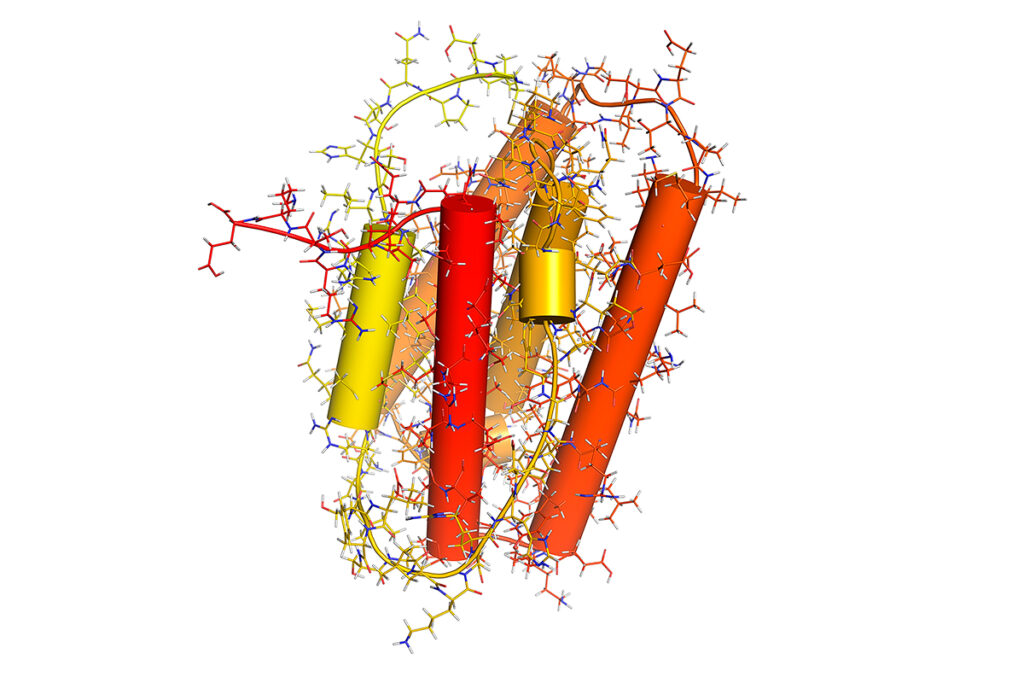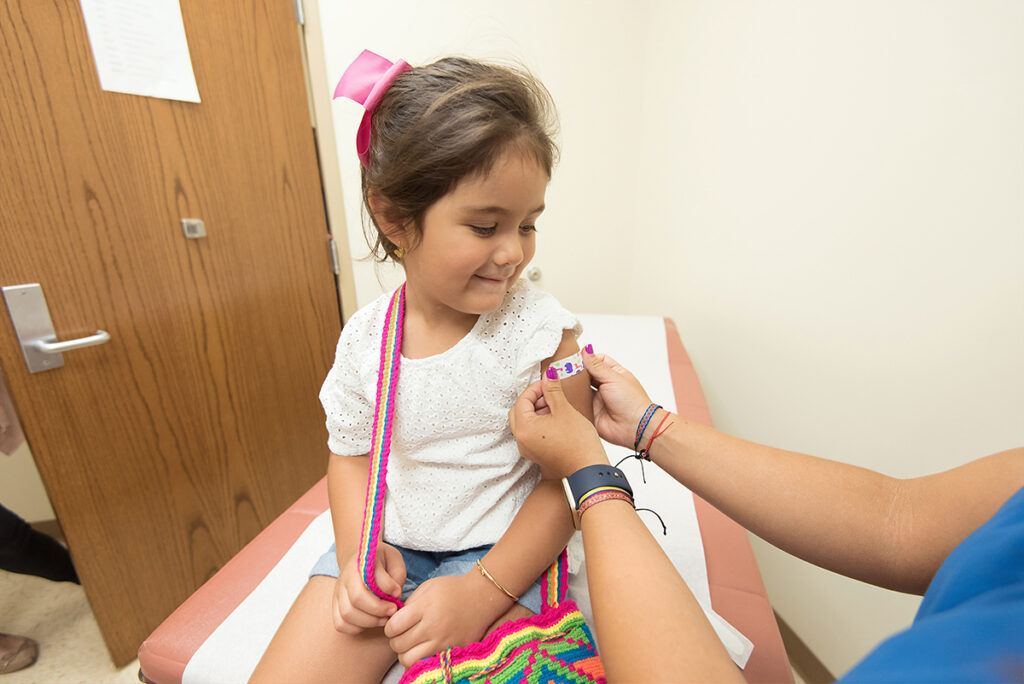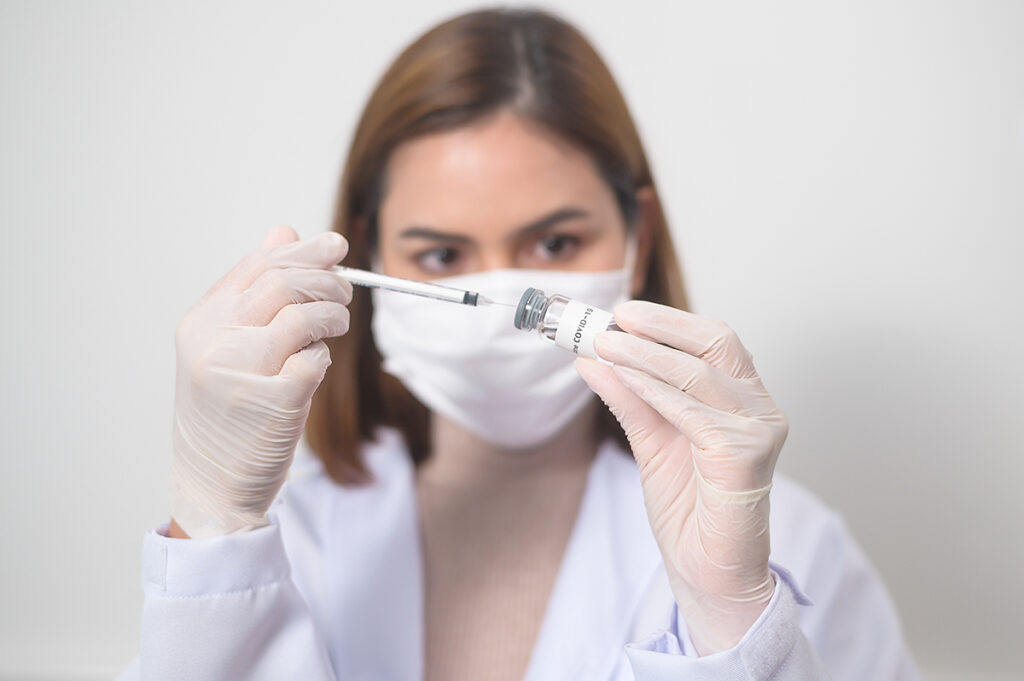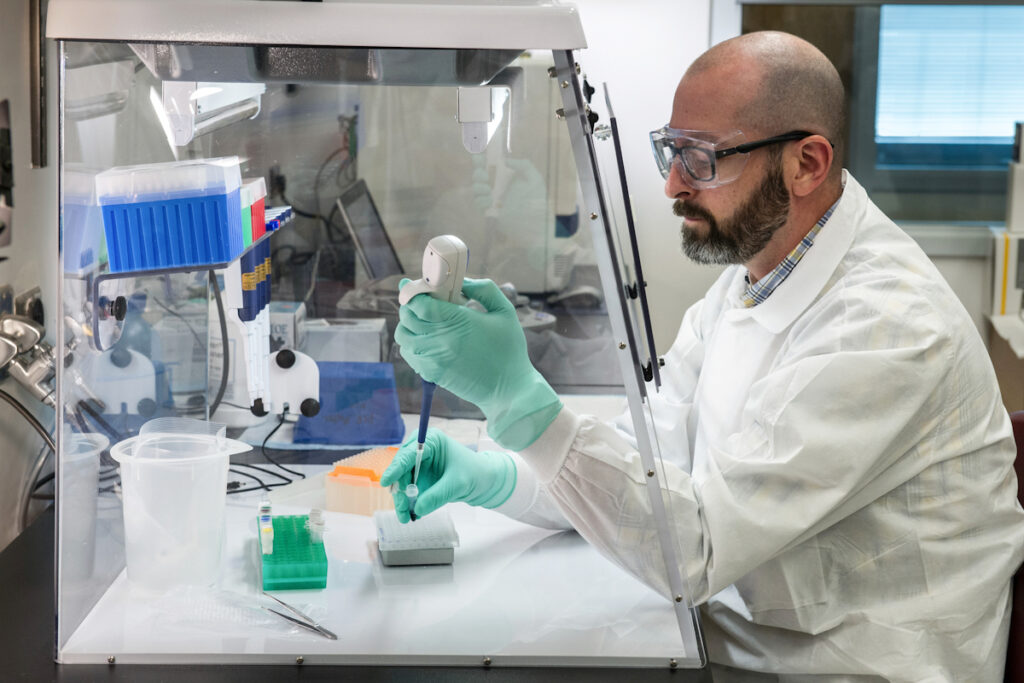COVID-19 risk factors for hemodialysis recipients
Hemodialysis is a blood purification procedure. It is prescribed for end-stage chronic kidney disease (CKD) when the person’s organs can no longer cope.
People who receive a hemodialysis procedure are at particular risk for COVID-19. Because of leukopenia, their immune system is suppressed — too few lymphocytes.
In addition to damaged kidneys, these people have other common concomitant diseases: hypertension, hepatitis C, cancer. Often there is damage to the vascular endothelium, which is a target for the coronavirus.
Such patients cannot fully comply with the social isolation requirements for protection against COVID-19. They need to visit medical centers regularly to get a hemodialysis procedure. During visits, they are forced to stay in the same rooms with other patients and medical staff.
Why do we need COVID-19 preventive medications for people on a hemodialysis program
Patients diagnosed with CKD who are on a hemodialysis program are at risk of developing COVID-19. These patients’ peculiarity is that some of their blood counts are close to those of people with COVID-19. These two groups of patients are found to have:
- lymphopenia;
- increased markers of inflammation-ferritin, LDH (lactate dehydrogenase);
- increased coagulation factor (blood clotting) — D-dimer.
The similarity of the indicators’ values in both groups may complicate the biochemical diagnosis and observation in COVID-19.
Therefore, the possibility of prescribing pharmacological prophylaxis and sanitary and epidemiological preventive measures may be useful for this group of people.
Because of the abundance of risk factors for COVID-19, the scientific community has developed particular guidelines for preventing infection for these people. Such guidelines contain a comprehensive list of sanitary and epidemiological measures. However, they do not include any preventive medication to protect against COVID-19.
Cuban doctors from the Medical and Surgical Research Center and the Center for Genetic Engineering and Biotechnology, located in Havana, conducted a study to address this gap. They examined the safety and efficacy of recombinant human intranasal interferon-alpha-2b as COVID-19 prophylaxis in CKD patients undergoing hemodialysis.
Interferons are part of the immune system. They are involved in suppressing virus replication, activating immune cells, and triggering acquired immunity.
The scientists relied on the results of studies that demonstrated the coronavirus’s ability to suppress interferon’s physiological production and thereby create the ground for infection susceptibility. In the same studies, it was shown that interferon preparations stimulate the production of natural interferon, thereby reducing the risk of coronavirus disease.
Study participants
The researchers formed a group of 15 people who agreed to participate in the study. All participants were diagnosed with chronic kidney disease, and all received hemodialysis 3 times a week on an outpatient basis.
The average age of the participants is 58.7 years; the spread is 37-75 years. Male to female ratio – 73% / 23%. The average length of stay on hemodialysis is 8 years, and the spread is from 1 to 20 years.
Concomitant diseases:
- arterial hypertension-93% of patients;
- hepatitis C-40%;
- cancer is 33%.
Before using the drug, all participants underwent clinical, radiological, hematological, and biochemical studies to monitor their health status. The results obtained:
- 47% of patients — leukopenia and lymphopenia;
- 67% — anemia;
- 33% — thrombocytopenia.
When examining the respiratory organs, 60% of patients had auscultating disorders. Oxygen saturation: 93%-100%. Heart rate: 60-99 beats per minute.
None of the participants had symptoms of COVID-19. By the beginning of the study, PCR tests for SARS-CoV-2 were also negative in all participants. Radiographs and ultrasound images showed no signs of pneumonia.
Dosage and method of administration of the drug
Each study participant received one drop of the drug interferon-a2b once a day in each nostril for 10 days. The active substance is recombinant intranasal human interferon-alpha-2b. The dosage of one drop is 500,000 ML of the active substance.
Safety study of the drug for patients on hemodialysis
The scientists maintained daily contact with each patient personally or by phone to learn the side effects of the drug use or symptoms of COVID-19.
Side effects were classified by severity:
- mild: well tolerated, do not interfere with daily activities, do not require treatment, and do not interrupt the use of the drug;
- moderate: interfere with daily activities, require treatment, but do not require mandatory discontinuation of the drug;
- severe: disrupt normal activities, prolong hospitalization, require stopping the drug use, require specific treatment.
48 hours after the end of the drug, all patients were repeated hematological and chemical blood tests.
The monitoring period of the drug effectiveness
On the 45th day of the study, all subjects passed a PCR test for SARS-CoV-2. On the same day, the patients ‘ blood was tested for antibodies to the coronavirus: IgG and IgM.
Other preventive measures
The Center for Medical Research and the Service for Nephrology, Dialysis, and Kidney Transplantation applied preventive measures dictated by the Ministry of Health of the Republic of Cuba.
Hemodialysis patients and medical staff were interviewed about suspected COVID-19 symptoms. Each person’s temperature was measured at the hospital entrance, and hands were washed with a 0.1% sodium hypochlorite solution. Face protection has been added to the personal protective equipment of medical personnel in addition to safety glasses. All patients wore surgical masks during hemodialysis and transportation.
At the end of the hemodialysis session, in addition to the usual cleaning, general disinfection, and cleaning of surfaces with 0.5% sodium hypochlorite solution were performed.
Results
During the 45 days that the study was conducted, no participants became ill with COVID-19. All PCR tests were negative for SARS-CoV-2.
Also, none of the participants was found to have IgG and IgM antibodies to the coronavirus.
Side effects from the use of recombinant human intranasal interferon-alpha-2b were observed in 20% of patients: dry mouth, runny nose, headache, flu-like symptoms. All cases are classified as mild: they are well tolerated, do not interfere with daily activities, do not require treatment, and do not interrupt the drug’s use.
The researchers pay particular attention to changes in hematological parameters and markers of inflammation in patients before and after taking the intranasal interferon-alpha-2b for 10 days, 500,000 IU in each nostril.
Table of biochemical parameters before and after the study
|
Indicator |
Value before the study | Value after the study |
| White blood cells (109/l.) | 5.6 | 5.7 |
| Lymphocytes (109/l.) | 1.4 | 1.2 |
| Neutrophils (109/l.) | 3.6 | 3.8 |
| Hemoglobin (109/l.) | 11.7 | 11.5 |
| Platelets (109/l.) | 168.5 | 166.1 |
| Neutrophils-to-lymphocytes ratio | 3.0 | 3.5 |
| Platelet-to-lymphocyte ratio | 150.6 | 151.4 |
| Fibrinogen (mg/dl.) | 200.5 | 291 |
| Lactate dehydrogenase (mg/dl) | 212.3 | 213.6 |
| Ferritin (ng/ml.) | 1017.2 | 991.0 |
| Alkaline phosphatase (million units/l.) | 386.8 | 214.6 |
| Glutamine-oxalate transaminase (U/l.) | 23.0 | 24.4 |
| Glutamine-pyruvate transaminase (U/l.) | 26.2 | 31.8 |
| Gamma-glutamyltranspeptidase (U/l.) | 78.7 | 55.1 |
| Total protein (g/l.) | 51.7 | 69.7 |
| Albumin (g/l.) | 37.4 | 41.1 |
| Uric acid (mmol/l.) | 406.8 | 501.6 |
| Urea (mmol/l.) | 19.0 | 26.7 |
| Creatinine (mmol/l.) | 870.8 | 1062.9 |
| Glucose (mmol/l.) | 5.0 | 4.9 |
Research findings
The intranasal interferon use as prophylaxis against viral respiratory infections has been demonstrated in several in vitro and in vivo studies. According to the authors, the central contradiction of all studies was the dosage of interferon-alpha-2b. On the one hand, an antiviral effect was needed. On the other hand, there are minimal and insignificant side effects.
In the present study, the side effects found were few, mild, not serious, and did not require discontinuation of the drug.
The use of intranasal recombinant human interferon-alpha-2b as prophylaxis of COVID-19 in patients with CKD at a dose of 1,000,000 IU daily for ten days, with the recommended preventive measures, is safe concerning the appearance of minor side effects.
No patients were infected with SARS-CoV-2 during the follow-up period.



